Endometriosis
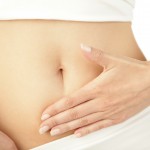
Endometriosis is a very common gynaecological condition which can affect up to 15 percent of all women. Half of all women with endometriosis will be infertile. After fibroids, endometriosis is the most common gynaecological problem. The National Endometriosis Society estimates that between 1.5 and 2 million women in Britain have endometriosis. In the US that number is closer to 5 million. Endometriosis is more common in childless women over the age of 30.
It is now believed that endometriosis is sensitive to oestrogen; therefore, women who have had more cycles, without a break for pregnancy, will have had more exposure to the female hormones. Today, with more and more women putting off having children until their later years, the incidence of endometriosis-linked infertility is increasing.
What is endometriosis?
Endometriosis is a condition in which the lining of the womb (the endometrium) implants and grows outside the womb itself. These endometrial implants can grow in the pelvis, fallopian tubes, ovaries, bowel and bladder. More uncommonly, they can also crop up in the lung, heart, eye, armpit or knee.
Wherever it grows, the womb lining responds to the natural hormone cycle and bleeds every time a period occurs. When women bleed normally throughout menstruation, blood leaves the body through the vagina. However, in the case of endometriosis, the blood has no outlet and becomes trapped in the tissue, causing pain, inflammation, cysts and scar tissue. You may find blood in your stools or urine during your period, or experience pain in diverse areas of your body. Some of my patients experience nosebleeds during their periods because they have endometrial patches in the nasal passages.
What are the symptoms?
The symptoms vary between women. In some women, endometriosis can cause extremely painful periods and painful sex, but some women experience no symptoms whatsoever.
Symptoms can occur at any time of the month – during a bowel movement, or when urinating, for example. The most severe pain can start between five and seven days before a period and last for two to three days during the period itself. Painful sex (called dyspareunia) is a feature of the condition in up to 59 percent of all women with endometriosis, and acts as a keynote symptom – something that alerts doctors to a possible diagnosis.
Symptoms often improve dramatically after pregnancy, and it is believed that having a break from the monthly cycle actually ‘quietens down’ the disease in some sufferers.
Women have talked about how the endometriosis takes over their lives. Holidays are planned to avoid periods and social arrangements are cancelled at the last minute when the pain becomes intense. Many women are forced to take days off work each month in order to cope with the condition and some women have had to give up work because their employers cannot cope with their frequent absences.
Common symptoms
- painful periods (dysmenorrhoea)
- heavy or irregular periods
- painful sex (dyspareunia)
- back pain
- nausea
- fatigue
- gastrointestinal problems including diarrhoea, bloating and painful defecation
- infertility
- general pain in the pelvic area
What are your choices?
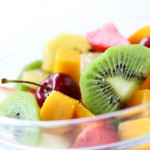
Supplements
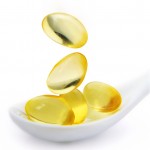
Multivitamin and Mineral
A good quality multivitamin and mineral would form the foundation of your supplement programme to make sure that you are getting a ‘little bit of everything’. You then add in those nutrients in slightly higher amounts which are known to be helpful for endometriosis.
The B vitamins
The B vitamins are particularly important for endometriosis sufferers for a number of reasons. First and foremost, they are needed by the liver to convert excess oestrogen into weaker and less dangerous forms. One of the B vitamins, B6, has been shown to significantly reduce the intensity and duration of period pains, which will help many sufferers.
The B vitamins are also crucial for the conversion of essential fatty acids into beneficial prostaglandins (hormone-like substances that have a relaxing effect on the womb muscles and anti-inflammatory properties). Essential fatty acids (EFAs) are found in oily fish, nuts and seeds. The B vitamins are required to convert these essential fats into a form that can be used by the body to produce a ‘good’ type of prostaglandins. Without this conversion, your body will produce more of the ‘bad’ prostaglandins, which can increase period pains and set up inflammation from the endometrial patches.
Vitamin E
This is an important vitamin in endometriosis because it has been shown to relieve menstrual cramps in 70 percent of women within two menstrual cycles.
Vitamin C and bioflavonoids
Vitamin C is one of the most important vitamins for immune function, and it is crucial that your immune system is operating at optimum level so that your body can recognise and destroy endometrial patches as they occur. Bioflavonoids are helpful with pain occurring around the time of your period because they help to relax smooth muscle and to prevent inflammation.
Magnesium
Magnesium acts as a muscle relaxant and has been shown to have a beneficial effect on painful periods and lower back pain so it is worth taking as a supplement.
Omega 3 Fatty Acids
These essential fats have a profound effect on every system of the body, including the reproductive system and they are crucial for healthy hormone functioning.
Many of the women I see in the clinic have been taking evening primrose oil supplements – an Omega 6 fatty acid – for years and have not been eating enough Omega 3 oils, or taking them in supplement form, to counterbalance this. Some women are also taking combinations such as Omega 3, 6, and 9 in supplement form because they have heard that we need a good balance of all the Omega fatty acids. This is true, but you have to take into account what your own levels may be in the first place. It is no good adding in more Omega 6 if you have already got enough or in fact too much in your body. (You can now have a blood test to tell you if you have the correct levels of Omega 3 to Omega 6 in your body see below). To check whether you have sufficient levels of Omega 3 please click Omega 3 Deficiency Test (at home finger prick blood)
The minerals zinc and vitamin B6 are also important for the correct metabolism of fatty acids and their conversion to beneficial prostaglandins (PGE1 and PGE3). Certain prostaglandins e.g. PGE2 can be negative in high amounts. In particular, PGE2 is a highly inflammatory substance that can cause swelling and pain and also thicken the blood, which can then cause congestion and stagnation in the pelvic area.
An interesting study reported in a highly regarded medical journal, Fertility and Sterility, considered the effects of making dietary changes. Women with endometriosis were asked to eliminate caffeine, to control their blood sugar by eating little and often and eliminating foods containing sugar, and supplementing with essential fatty acids. Doctors found that by making these simple changes, women taking part in the study experienced a significant decrease in the symptoms of endometriosis.
Furthermore, by adopting a healthier lifestyle you will be more likely to prevent endometriosis which is discussed in detail in the rest of this ebook which you can read by clicking on Understanding Endometriosis problems e-book at The Natural Health Practice
Herbs

Hormone balance
Agnus castus (Vitex/Chastetree berry) is one of the most important herbs for female hormone problems, and it works to stimulate and normalise the function of the pituitary gland. This gland controls and balances the hormones in our body. Agnus castus works by restoring balance, whether your hormone levels are too high or too low.
Milk thistle (Silybum marianum) is an excellent herb for the liver, which needs to work efficiently to balance the hormones. A number of studies have shown that its use can result in an increase of new liver cells to replace old damaged ones.
Echinacea (Echinacea purpurea) is the herb of choice for the immune system and it helps to increase the white blood cell count. It seems to be more effective when taken on and off. I suggest ten days on and three days off for maximum immune system benefits.
Caution
You should not take any of the above herbs if you are taking, The Pill, Fertillity drugs, HRT or any other hormonal treatment or other medication unless they are recommended by a registered, experienced practitioner.
Tests
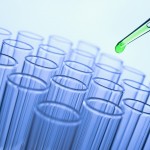
Mineral Deficiency Test with Supplement Programme (hair)
Find out what the mineral and heavy toxic levels are in your body
This test measures the deficiencies and excess levels of 12 different minerals (including calcium, chromium, cobalt, copper, iron, magnesium, manganese, phosphorus, potassium, selenium, sodium and zinc) and 6 heavy toxic metals (including aluminium, arsenic, cadmium, lead, mercury and nickel) that may be present in your body. Find out more – Mineral Deficiency Test with Supplement Programme (hair)
Online Personalised Supplement Assessment Programme
Discover what vitamins and minerals you need and should be taking
The analysis of this comprehensive questionnaire will give you a three monthly supplement programme to help balance any vitamin and mineral deficiencies you may have. Find out more – Online Personalised Supplement Assessment Programme
Vitamin D Deficiency Test (at home finger prick blood)
With all the news in the press about the benefits of having good levels of vitamin D e.g. prevention of cancer, especially breast cancer, heart disease, Type 2 diabetes and osteoporosis it is important that you know whether or not you are lacking in this vital vitamin.
We know that Vitamin D is required for calcium absorption, but it also plays many other important roles including prevention of cancer, especially breast cancer, heart disease, Type 2 diabetes and osteoporosis. As well as all of these benefits, it is now thought that having good levels of vitamin D is important for healthy immune function which is crucial for endometriosis and it can also help slow down the ageing process and low levels have been implicated in other autoimmune diseases such as rheumatoid arthritis, lupus and inflammatory bowel disease. To check whether you have sufficient levels of Vitamin D please click Vitamin D Deficiency Test (at home finger prick blood)
Omega 3 Deficiency Test (at home finger prick blood)
If you want to find out if you are getting enough Omega 3 fatty acids from your diet and whether you have the correct balance of essential fatty acids.
Signs of an Omega 3 fatty acid are dry skin, lifeless hair, cracked nails, fatigue, depression, dry eyes, lack of motivation, aching joints, difficulty in losing weight, forgetfulness, cystitis pain. If you have also tried to lose weight by going on a low-fat or no-fat diet, you are likely to be deficient in these essential fats. It is now estimated that we are getting ten times more Omega 6 fats from our diet than Omega 3 and over the last century there has been an 80% decrease in the consumption of these Omega 3 fatty acids. When you eat Omega 3 fats they are converted to substances that have an anti-inflammatory effect on the body. Find out more – Omega 3 Deficiency Test (at home finger prick blood)
Many of the women I see in the clinic have been taking evening primrose oil supplements – an Omega 6 fatty acid – for many years as it can be helpful with PMS. But you can end up with too much Omega 6 and not enough Omega 3 in your body. Some women are also taking combinations such as Omega 3, 6, and 9 in supplement form because they have heard that we need a good balance of all the Omega fatty acids. This is true, but you have to take into account what your own levels may be in the first place. It is no good adding in more Omega 6 if you have already got enough or in fact too much in your body. (You can now have a blood test to tell you if you have the correct levels of Omega 3 to Omega 6 in your body see below). To check whether you have sufficient levels of Omega 3 please click Omega 3 Deficiency Test (at home finger prick blood).
After three months you would then have a re-test in order to monitor your progress and adjust your supplement programme according to your new condition.
If you need help in obtaining any of the supplements, herbs or tests mentioned above, click, Endometriosis options at The Natural Health Practice. They can supply all of them for you online or if you prefer to talk to somebody first you can also order by mail order on the telephone. The products supplied by this company are always of the highest quality.
Plan of Action
Nutrition
Ensure you are getting the right nutrition. Follow the dietary recommendations outlined in the free The Foundation of Health ebook For more information on the special dietary recommendations for endometriosis, read the rest of the Understanding Endometriosis ebook at The Natural Health Practice
Supplements
The supplement programme below should be taken for at least three months in order to achieve best results
Nutrients & amounts
| A good multi-vitamin & mineral supplement | Vitamin C with bioflavonoids | 1000mg (2x per day) | |
| B complex vitamins | 25mg | Omega 3 fish oils | 770mg EPA & 510mg DHA |
| Magnesium | 300mg | Probiotic | 22 billion beneficial bacteria |
| Vitamin E | 400ius |
To avoid having to purchase numerous supplements for all of the above and to make the process easier, I have put together a supplement programme which contains all the nutrients mentioned above and in the correct dosages. For more information about these click Endometriosis Supplement Programme.
In my book ‘The Natural Health Bible for Women’ I explain the impact of nutrition on endometriosis and also give in great detail a list of the most important nutrients and herbs required in order to help you.
If you would like to order these special supplements now, you can do so through the Natural Health Practice by clicking Endometriosis supplements at the Natural Health Practice.
Herbs
A good herbal formula should contain:
Herbs & amounts
| Agnus Castus | 200-400mg |
| Milk Thistle | 100-300mg |
At the end of three months you should reassess your condition and adjust your supplement programme accordingly.
Tests
The tests below have been specially selected to be the most helpful if you are concerned about endometriosis.
Mineral Deficiency Test with Supplement Programme (hair)
Online Personalised Supplement Assessment Programme
Vitamin D Deficiency Test (at home finger prick blood)
Omega 3 Deficiency Test (at home finger prick blood)
After three months you would then have a re-test in order to monitor your progress and adjust your supplement programme according to your new condition.
If you need help in obtaining any of the supplements, herbs or tests mentioned above, click, Endometriosis options at The Natural Health Practice. They can supply all of them for you online or if you prefer to talk to somebody first you can also order by mail order on the telephone. The products supplied by this company are always of the highest quality.
Read More
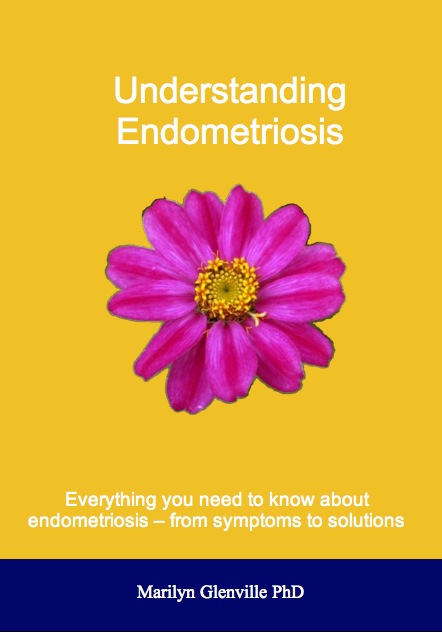
The section above forms part of a larger ebook on Endometriosis.
In the rest of the ebook you will learn what the medical approaches to endometriosis are and how to combine them with the natural approach. This is called Integrated Medicine and is the way that healthier of the future is moving towards. You will also learn what medical tests will give you an accurate diagnosis of your condition and if you really need to have them. The medical treatments for endometriosis are then examined which can include looking at either drugs or surgery. Each treatment is then discussed and the pros and cons of the options explained. The Integrated Approach to endometriosis is considered in some detail so that if appropriate you can know how to combine the best of both conventional and natural medicine.
At the end of the ebook is a practical step by step summary of what you can do to help yourself.
If you would like to read the rest of this ebook click, Understanding Endometriosis ebook at The Natural Health Practice and you will be given details of how you can download the whole ebook.
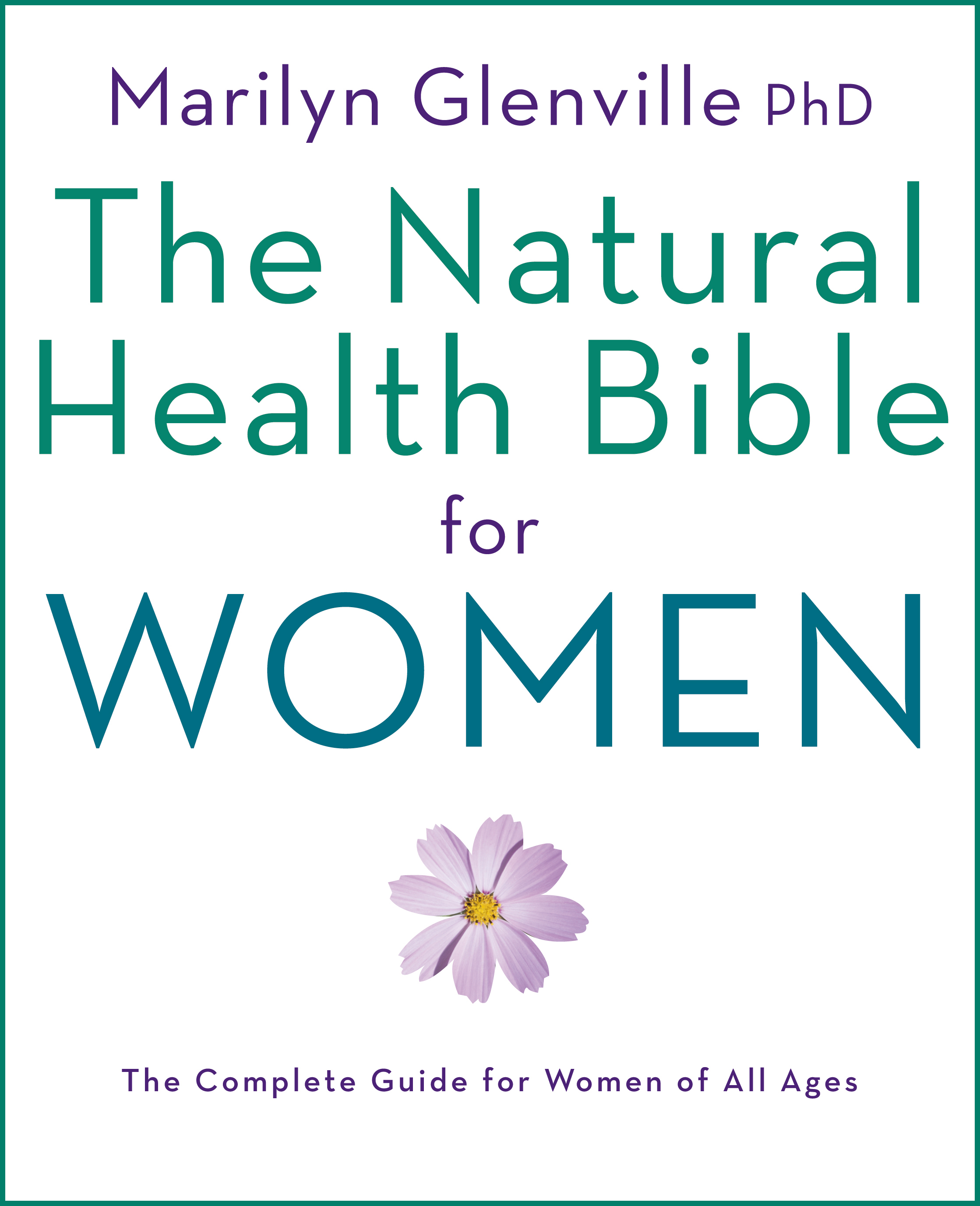
The contents of this site are for information only and are intended to assist readers in identifying symptoms and conditions they may be experiencing. This site is not intended to be a substitute for taking proper medical advice and should not be relied upon in this way. Always consult a qualified doctor or health practitioner, especially if you are pregnant, taking the pill or on any medication. Your situation will need to be looked at individually and you should not attempt to self treat. The author and publisher cannot accept responsibility for illness arising out of the failure to seek medical advice from a doctor.
The views expressed by third parties placing material on these pages are not representative of the views of the author or publisher. The Author and Publisher cannot monitor the content not produced by us and has not reviewed all the third party material published on this site and the Author and Publisher accept no liability whatsoever in relation to the content of third party material placed on these pages.

